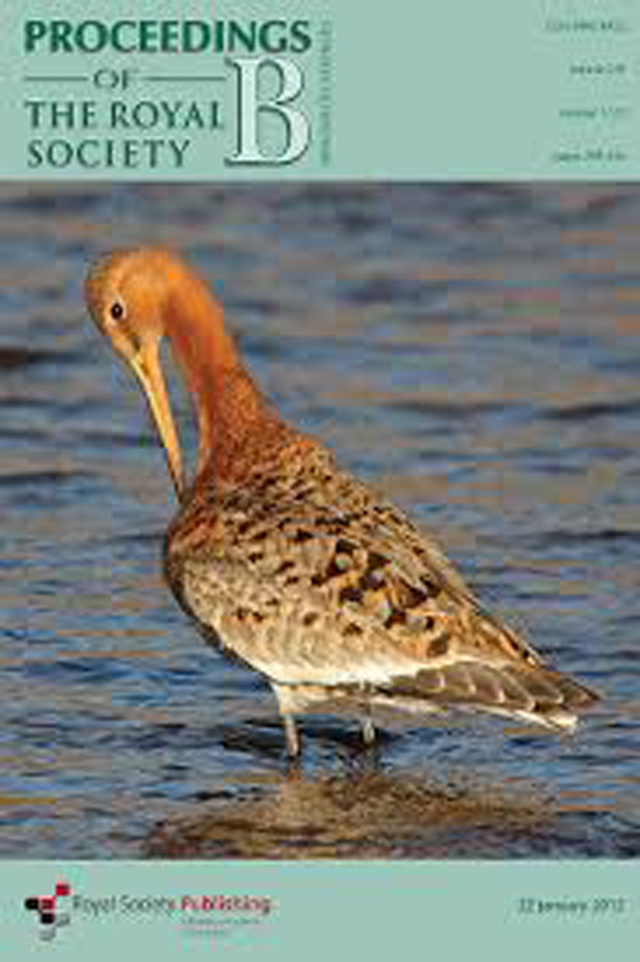CSUN Grads’ Climate Change Research Appears in Prestigious Royal B

Annaliese Hettinger works at the apparatus for an experiment. Photo by Kirk Sato.
After three years of research, writing and reviews, recent California State University, Northridge graduate Elizabeth Lenz and alumna Annaliese Hettinger of the marine biology graduate program, co-authored, with a group of researchers, a work published in the revered “Proceedings of the Royal Society B” that expressed concern about marine life in a time of global climate change.
Hettinger, now a postdoctoral scholar at Oregon State University, demonstrated in her Ph.D. research that negative impacts are taking place in a local California ecosystem. The prevalence of the Olympia oyster — a bivalve mollusk native to the west coast of North America from Alaska to Baja California — near the University of California, Davis Bodega Marine Laboratory proved to be a strong indicator of change at the species level. Lenz dove deep into the project in 2010 while working as a research associate at the laboratory.
Eric Sanford of UC Davis led the study, “Ocean acidification increases the vulnerability of native oysters to predation by invasive snails,” to test the potential of ocean acidification to increase the susceptibility of juvenile native Olympia oysters to predation by the invasive Atlantic oyster drill, a snail.
“I appreciated the opportunity to work with this research team as a technician on such an ecologically relevant topic,” said Lenz, who graduated from CSUN with a master’s in marine biology last month and will be continuing her research on coral reef systems during her Ph.D. program at the University of Hawai’i, Monoa.
Hettinger, who worked on the study as a doctoral student at UC Davis, said she references the Royal B for its high-impact papers, particularly those revolving around ecology. “It’s always exciting to get science published. When you think results are important and you want other scientists to know about the work, it’s an honor to publish the findings in such a prestigious journal,” she said. “One benefit is that those journals tend to draw attention from journalists who will write stories about the work, so then the work can reach a broader audience.”

The cover of the Royal B issue in which the study was published. Photo courtesy of Proceedings of the Royal Society B.
The Proceedings of the Royal B is an acclaimed British scientific journal that accepts revealing publications in all aspects of biology. Its current focus is on ecology, which Lenz and Hettinger specialize in at the marine level. The journal’s strict criteria include “work of outstanding importance, scientific excellence, originality and potential to a wide spectrum of biologists.”
Ocean acidification is the absorption of carbon (excessively released from fossil fuel use) by the ocean and the resulting alteration of seawater chemistry, creating acidic conditions. The results found by the research team involving Lenz and Hettinger’s research concluded that oysters in these circumstances are at risk for more drilling due to decreased size. Smaller oysters were consumed at greater rates than those of the larger, unexposed size.
According to Hettinger, not much research has been done in the field of ocean acidification and its impact on species endangered by invasive species prey. Unique to this publication is the choice to combine two crucial ecological impacts into one project: climate change and native species endangerment.
“Ocean acidification is driven primarily by human-caused increases in atmospheric carbon dioxide concentrations,” Hettinger explained. “It refers to changes in the ocean that occur as a result of more carbon dioxide being absorbed by the oceans. This leads to changes in seawater pH (acidity) and carbonate ion concentrations, the building blocks of marine invertebrate shells and skeletons.”
“Conservation and management are needed to preserve these ecosystems because they are delicate, and the science we did supports efforts needed to protect our shorelines,” said Lenz. “We can always do more, but we also need our studies to be focused so we are better able to chisel at the larger issues one answer at a time — this is just one way we kept the focus.”
Beyond their collaboration on this project are several other research publications focused on the impacts of ocean acidification on the natural environment as a whole. Both Lenz and Hettinger show concern for the direction of climate change and its impacts on marine ecosystems in their research.
“I’m interested in how people are connected to the natural world. In California, we are fortunate to be connected to this world, and our eyes open when this connection is strong,” Lenz said. “It is very important to understand that this other world of valuable and delicate ecosystems exists and that it affects us on a daily basis. We need these healthy shoreline ecosystems because they play a vital role in our survival. Sustainability is a goal, and we start with sustainable practices on land.”

 experience
experience